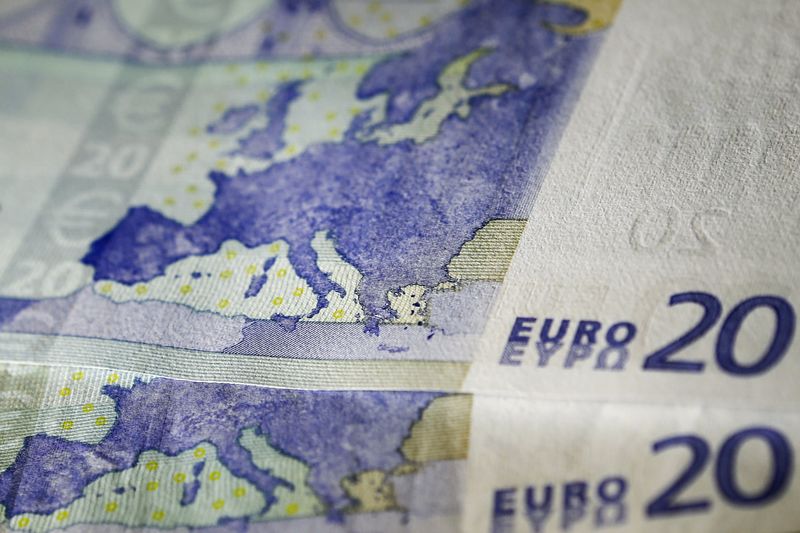 © Reuters. Europe Pushing for Euro Dominance to Fend Off Trump, Spain Says
© Reuters. Europe Pushing for Euro Dominance to Fend Off Trump, Spain Says(Bloomberg) — The European Union wants to bolster the global role of the euro as part of an effort to avoid being pushed around by President Donald Trump, whose foreign policy actions are increasingly at odds with its trans-Atlantic partner, Spanish Foreign Minister Josep Borrell said.
It’s the latest sign that European leaders are seeking to establish greater autonomy in the face of Trump’s efforts to remake the global order. Since winning the White House, the American president has questioned the importance of the North Atlantic Treaty Organization, pulled out of a nuclear accord with Iran and said, in the midst of a trade war, that the EU was a “foe” of the U.S.
“We have to find a way to get around the American threats,” Borrell said in an interview at his offices in Madrid this week. “It’s another way to get around sanctions,” he said, referring to Trump’s May decision to leave the Iran nuclear deal, which the EU lobbied him to preserve.
The U.S. decision forced European companies including Daimler AG (DE:) and Total SA (PA:) to pull out of Iran to avoid U.S. sanctions. French Finance Minister Bruno Le Maire and German Foreign Minister Heiko Maas have both suggested that EU countries set up payment systems independent of the U.S. to sidestep the new regulations.
Criminal Court
But it’s not just Iran. U.S. National Security Adviser John Bolton this week threatened sanctions against the International Criminal Court, a UN-backed tribunal, which is considering prosecuting U.S. servicemen over alleged abuses in Afghanistan.
By increasing the amount of international trade conducted in euros, the EU would make it easier for companies and individuals to do business beyond the reach of the U.S. government.
“Everyone who supports the International Criminal Court and who deals with the International Criminal Court could be punished by any means by the American authorities,” Borell said.
‘Absurd’ Payments
Jean-Claude Juncker, president of the European Commission, on Wednesday said it is “absurd” for European companies to pay for European planes in dollars and questioned why 80 percent of the continent’s energy imports are paid for in the U.S. currency.
In his annual State of the Union address to the European Parliament, Juncker promised to flesh out his ambitions with a plan by year-end.
The rift over sanctions for Iran comes with European leaders already unsettled by Trump’s assault on the global trading system. As it looks to reassure proponents of free trade, the EU is pursuing deals with countries including Japan, Australia, and the Mercosur nations of South America and is in the process of ratifying a deal with Canada.
“The Europeans are making a big effort to safeguard the multilateral approach to trade,” said Borrell, who was in Strasbourg to listen to Juncker. “Diplomacy is not the best quality of the Trump administration.”
Fusion Media or anyone involved with Fusion Media will not accept any liability for loss or damage as a result of reliance on the information including data, quotes, charts and buy/sell signals contained within this website. Please be fully informed regarding the risks and costs associated with trading the financial markets, it is one of the riskiest investment forms possible.
Source: Investing.com





























